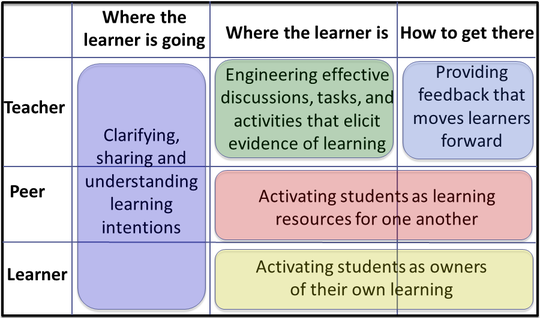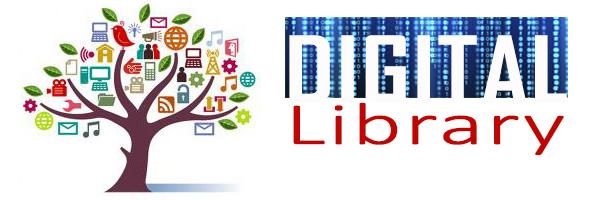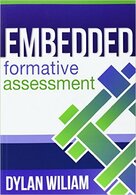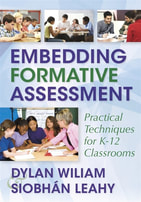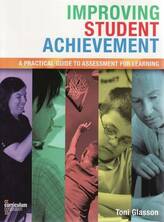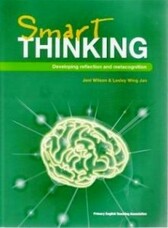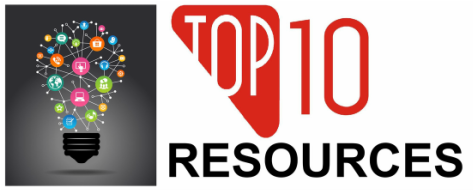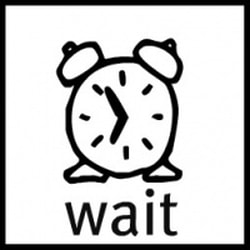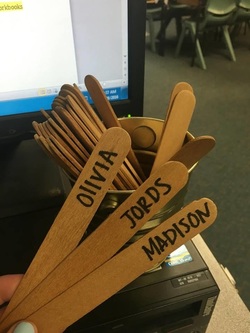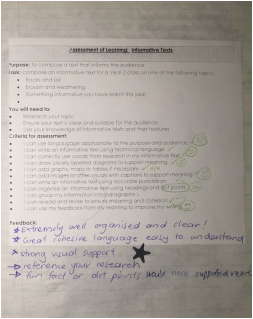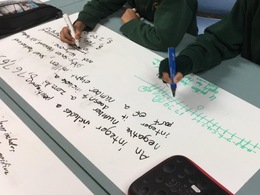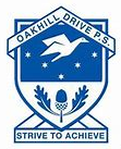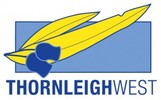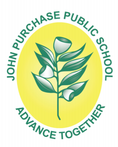-
What is it?
-
Why did we do it?
-
Questions for reflection
<
>
"An assessment functions formatively to the extent that evidence about student achievement is elicited and used by teachers, learners or their peers to make the next steps in instruction better, and better founded, than the decisions would have been in the absence of that evidence". - Dylan Wiliam
" We know that developing our students' capacity to self-regulate their own learning, to learn how to learn, and how to adapt to change is becoming increasingly important. This is why it's important for us to teach children to know what is expected of them in terms of what they are learning, to know how to demonstrate that learning, and to understand and be involved in where to next, so their learning is visible and so they can understand themselves as learners". - Leonie Black, Principal, John Purchase PS
"Thornleigh West PS has a relentless focus on embedding formative assessment into teaching and learning. Formative assessment is a high leverage strategy as it relates to all areas of teaching and learning. It raises student achievement by focusing on three powerful aspects: knowing where the learner is headed, having a clear understanding of where it is now, and using minute-by-minute evidence to decide where to next." - Chantal Mamo, Principal
"Thornleigh West PS has a relentless focus on embedding formative assessment into teaching and learning. Formative assessment is a high leverage strategy as it relates to all areas of teaching and learning. It raises student achievement by focusing on three powerful aspects: knowing where the learner is headed, having a clear understanding of where it is now, and using minute-by-minute evidence to decide where to next." - Chantal Mamo, Principal
- How well is your formative assessment technique/ question linked to the key concepts, understandings or skills that you are teaching?
- What insights has the information from your formative assessment given you about students' thinking and understanding?
- How have you modified the next steps in your teaching in response to the evidence that you elicited from the formative assessment?
- How did your use of the formative assessment technique impact on student engagement?
LIBRARY RESOURCE #1 & #2LIBRARY RESOURCE #3
|
what works in the classroom
|
|
LIBRARY RESOURCE #7
THIS RESOURCE GIVES PRACTICAL EXAMPLES THAT YOU CAN IMPLEMENT FOR EACH STAGE IN THE FORMATIVE ASSESSMENT CYCLE. CLICK HERE TO DOWNLOAD LIBRARY RESOURCE #8. Dylan Wiliam short video on self & peer assessment
|
#4 BUMP IT UP WALL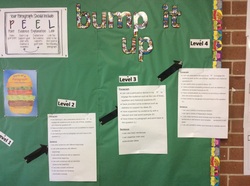
"Students know what the next step in their learning is. Exemplars give students a clear indication of specific features that can be found in high quality work." Learn more: Embedding Formative Assessment, pp. 41-45 #5 ABCD CARDS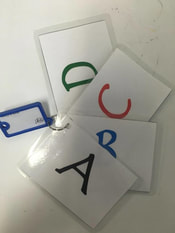
"Students can learn from each other and ensure deep learning. Great for literacy discussions. Effective to gain a quick understanding of what knowledge they have."
Learn more: Embedding Formative Assessment, p. 84 #6 EXIT PASSES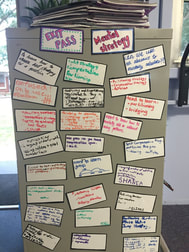
"Great way to see what students have gained from learning experiences. It's also a great way for students to self-assess and tell me where they want to go next."
Learn more: Embedding Formative Assessment, pp. 84-85
|
